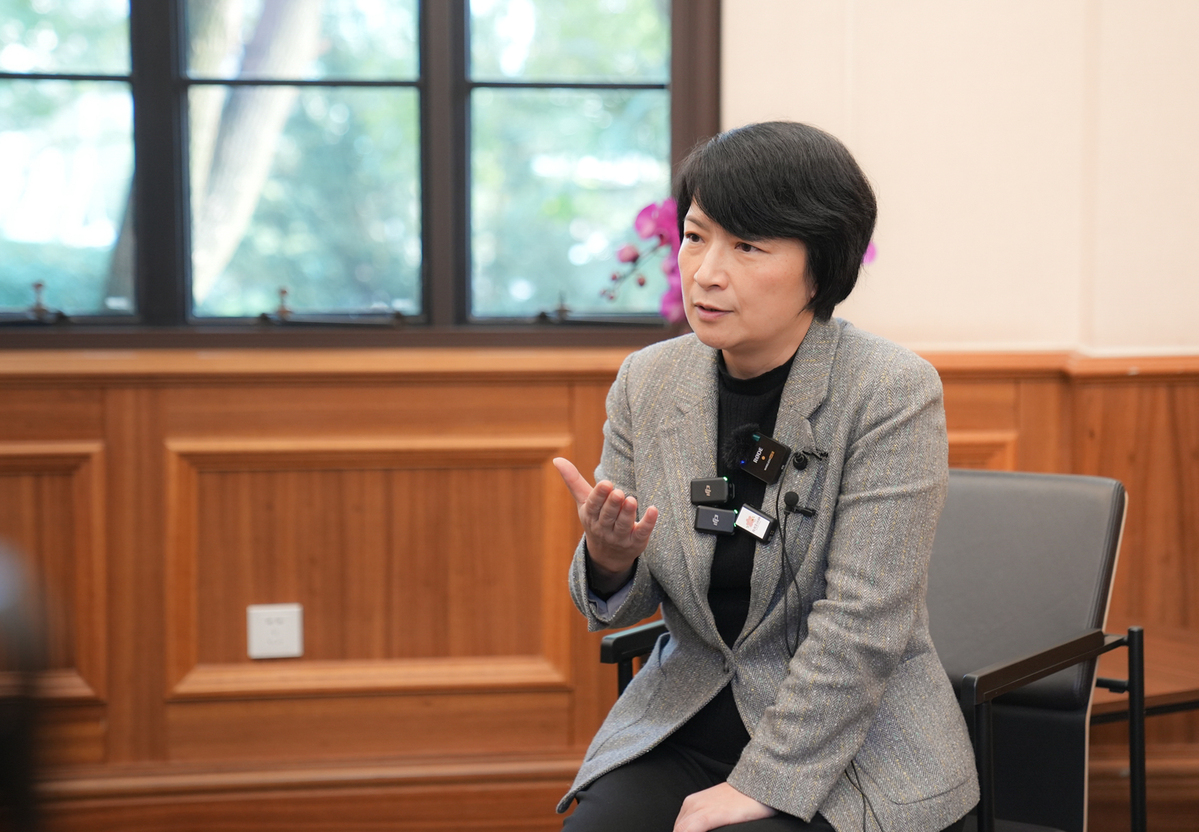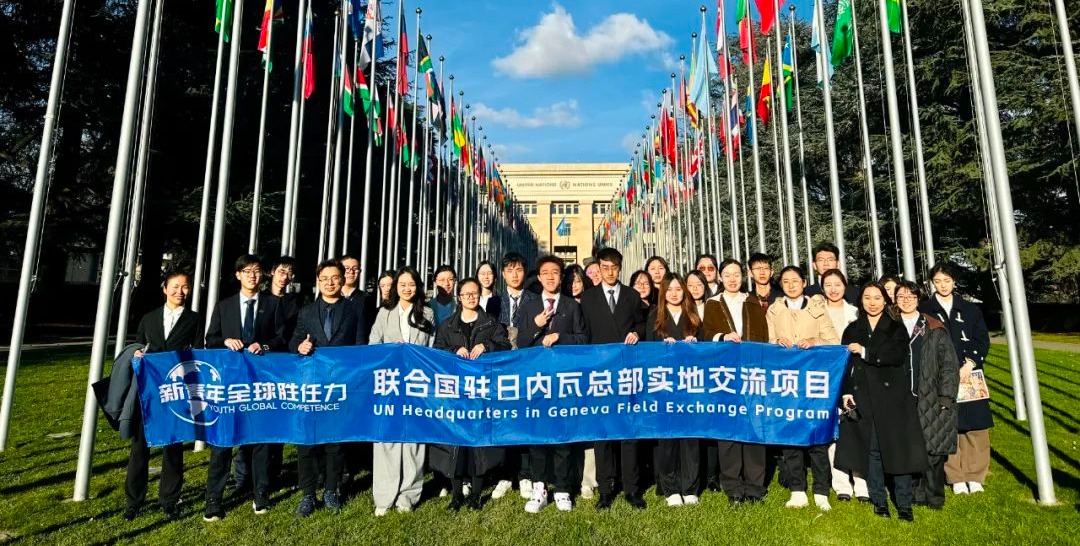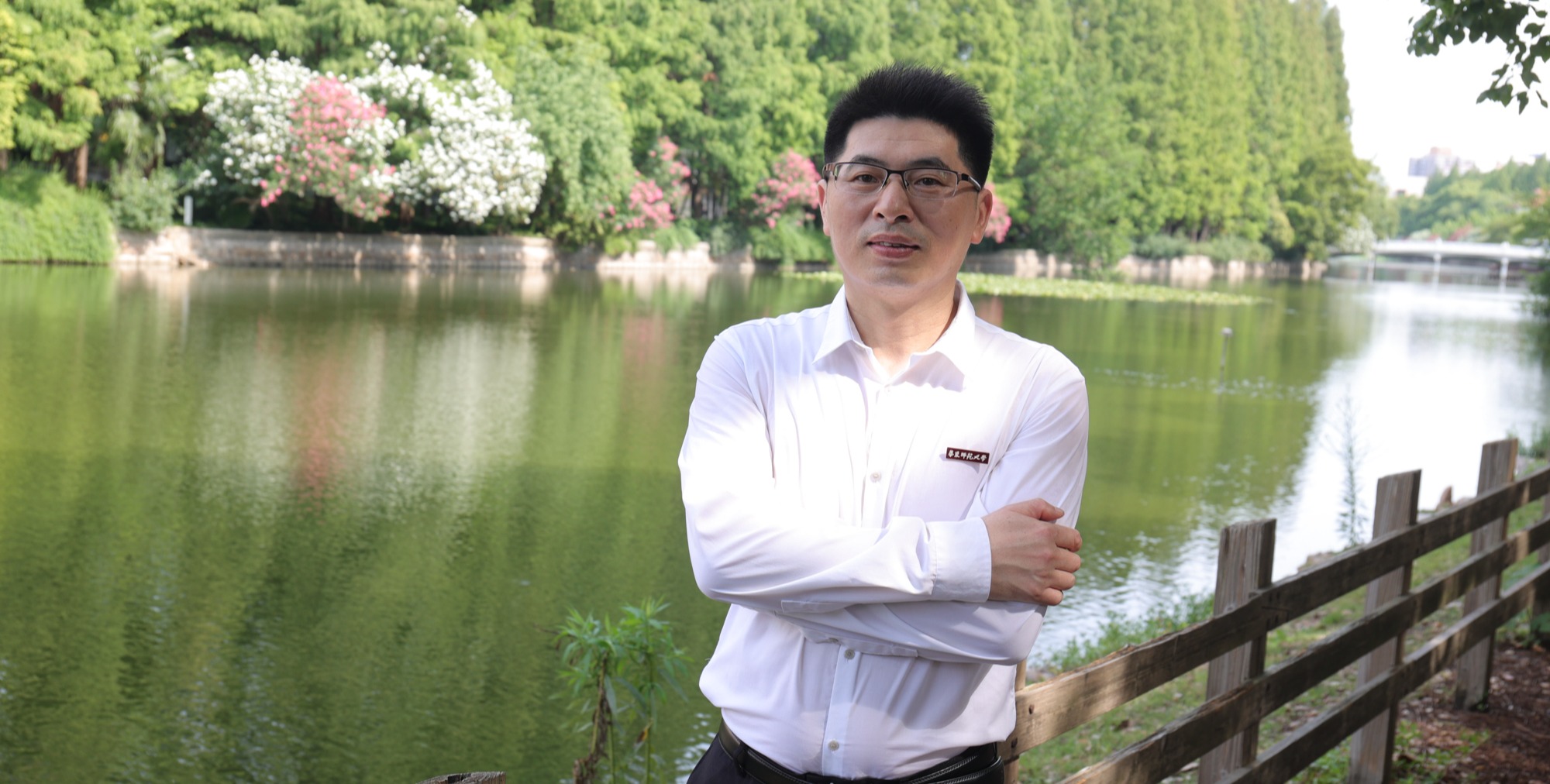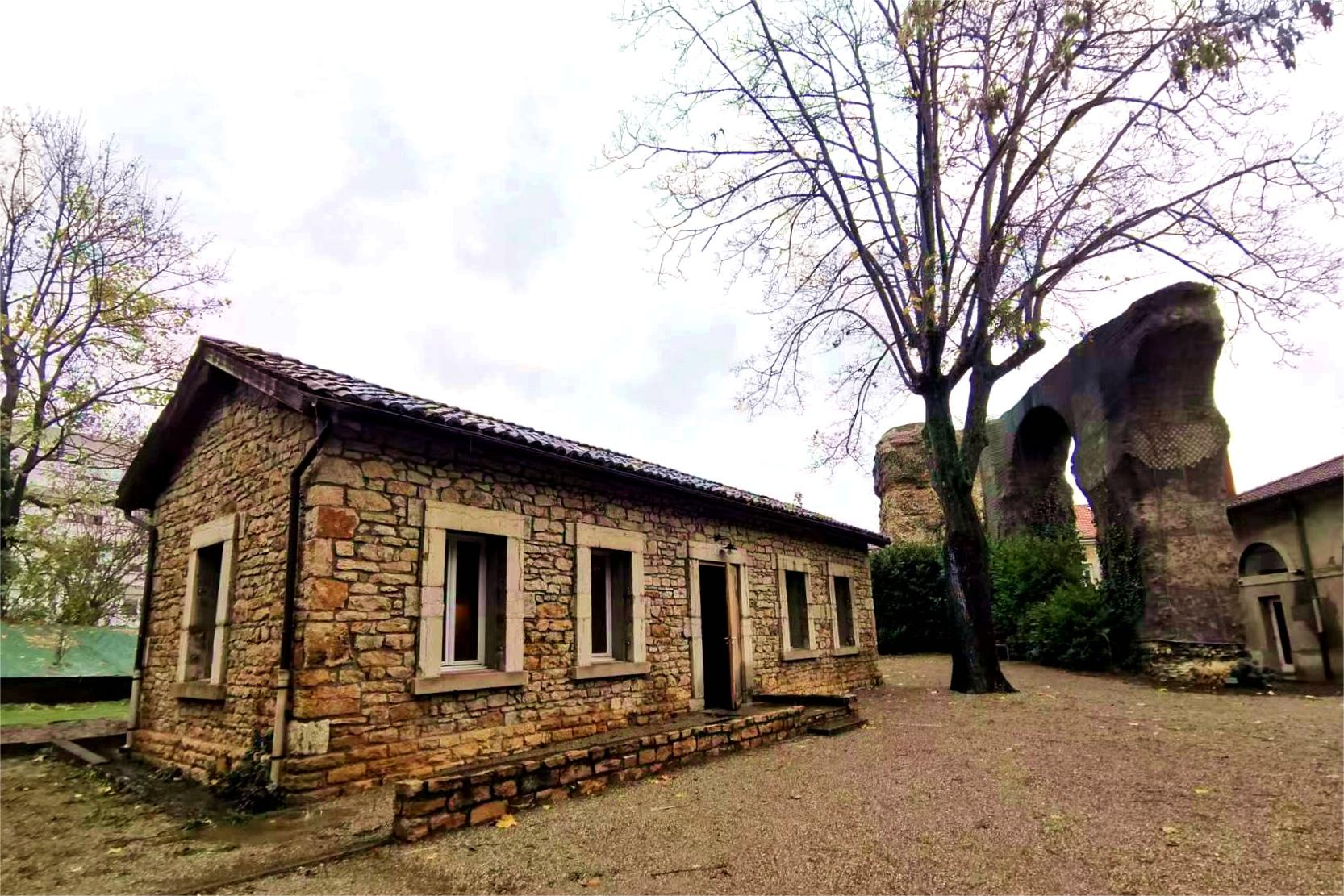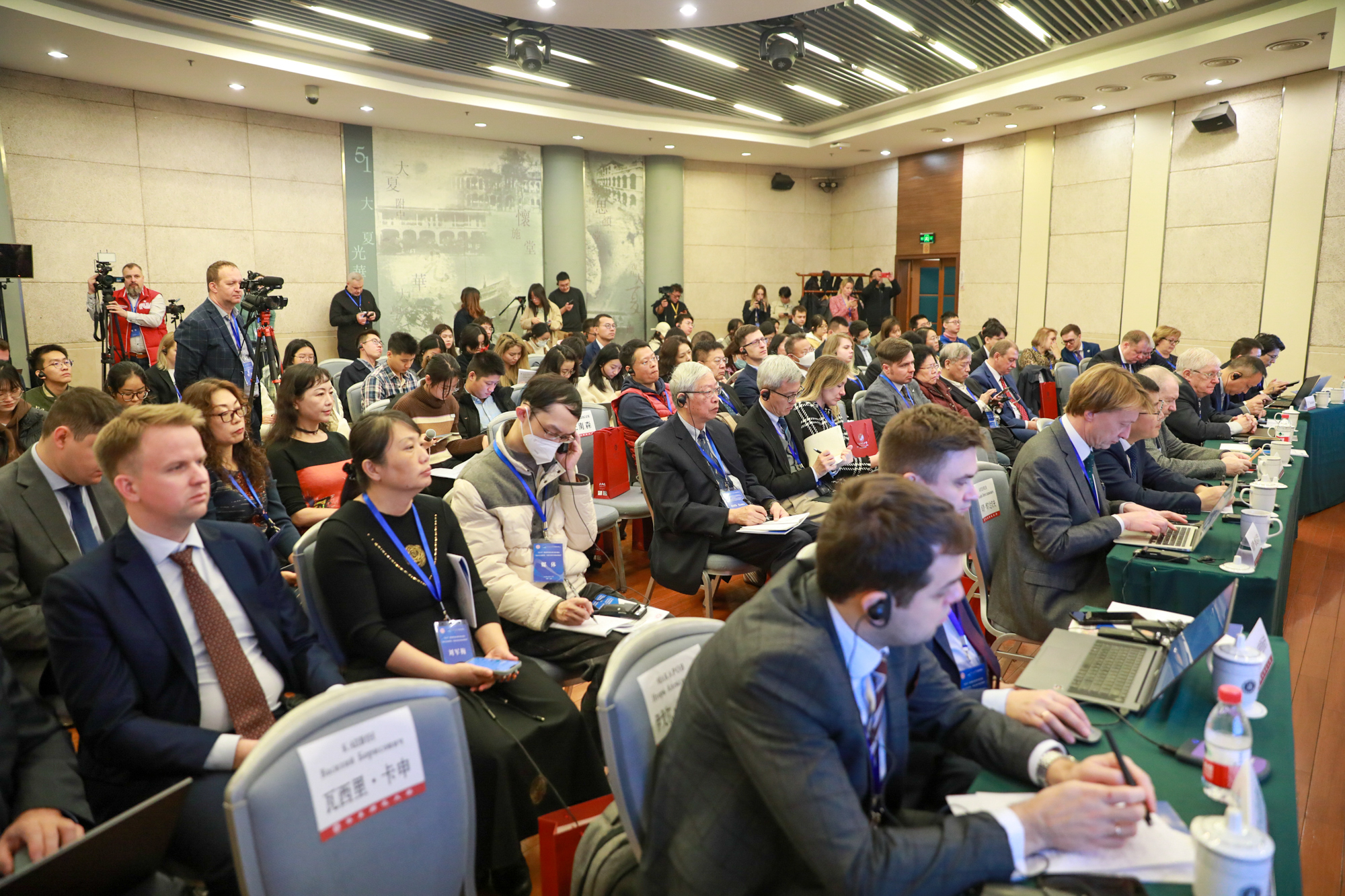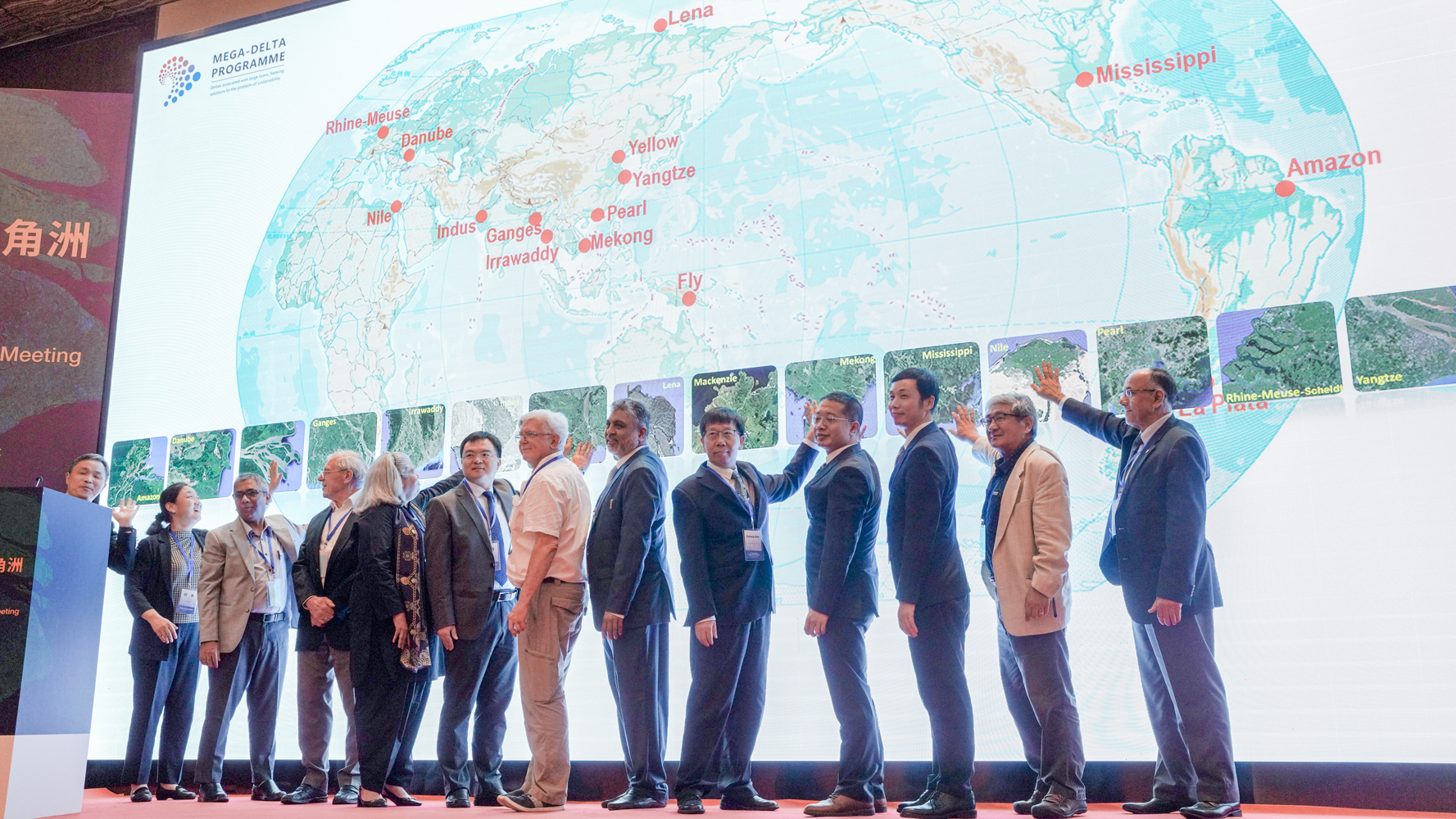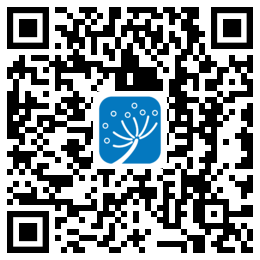# Hot Search #
Oceanic issues related to climate change, natural resources, food security, and public health have remained beyond our scope because our observations have been land-based. However, regular and accurate satellite observations of the Earth have filled this gap. Decades of accumulated Earth observation data and the results from new sensors are awaiting in-depth exploration and full utilization.

The workshop held in Indonesia
Professor Fang Shen, from the State Key Laboratory of Estuarine and Coastal Research (SKLEC) of East China Normal University, in collaboration with international partners, is dedicated to overcoming the unique challenges posed by the distinct specifications and characteristics of Earth observation data from various satellites. Their focus is on integrating and synergizing multi-source data to achieve specific objectives. These include quantifying the optical properties of coastal and open sea waters in the Northwest Pacific and the Indo-Pacific, identify major phytoplankton species and groups in these waters, and determining the key factors controlling the biological carbon pump. Thanks to this project, East China Normal University's collaborations in ocean optics and remote sensing have expanded to several Southeast Asian countries.
In the Indo-Pacific region, a variety of Earth observation data sources, including polar-orbiting Sentinel data, geostationary GOCI with high temporal resolution, and coastal water color scanners (such as HY-1C/1D CZCS) with high spatial resolution, provide diverse information. Given the distinct temporal and spatial scales of each satellite data, employing technical methods to generate synergistic datasets from multiple sources becomes essential. This approach significantly improves the quality and coverage of the data, crucial for a more comprehensive understanding of complex environmental processes. The enhanced datasets are particularly significant in assessing and monitoring the marine environment and ecosystems, playing a key role in formulating effective strategies to address climate change.
In this context, the capacity-building project titled "Expanding EO data usage to address climatic changes in the marine biosphere of the northwest Pacific and Indo-Pacific regional seas" (EO-WPI), led by Professor Fang Shen, received approval at the end of 2022. The project stems from the Ocean Color-based Plant species identification and Carbon flux in Indo-Pacific oceans (OC-PC) working group of the Integrated Marine Biosphere Research (IMBeR), co-chaired by Professor Fang Shen and Professor Young-Je Park (Korea Institute of Ocean Science and Technology, KIOST). It involves 11 members across five countries and eight research institutions. The EO-WPI project is co-funded by the European Space Agency (ESA) and Future Earth.
The project selected 13 participants from Indonesia, Malaysia, the Philippines, and Singapore, who received collaborative guidance provided by experts in the IMBeR OC-PC working group. These experts not only shared their own research expertise and insights through online lectures, but also provided detailed information on available remote sensing data products and data processing methods. In addition, the project facilitated the establishment of one-to-one Mentor-Mentee relationships between these experts and Southeast Asian participants. This setup aimed to assist participants in generating collaborative datasets relevant to their respective research areas and topics, utilizing in-situ observation data for validation purposes.
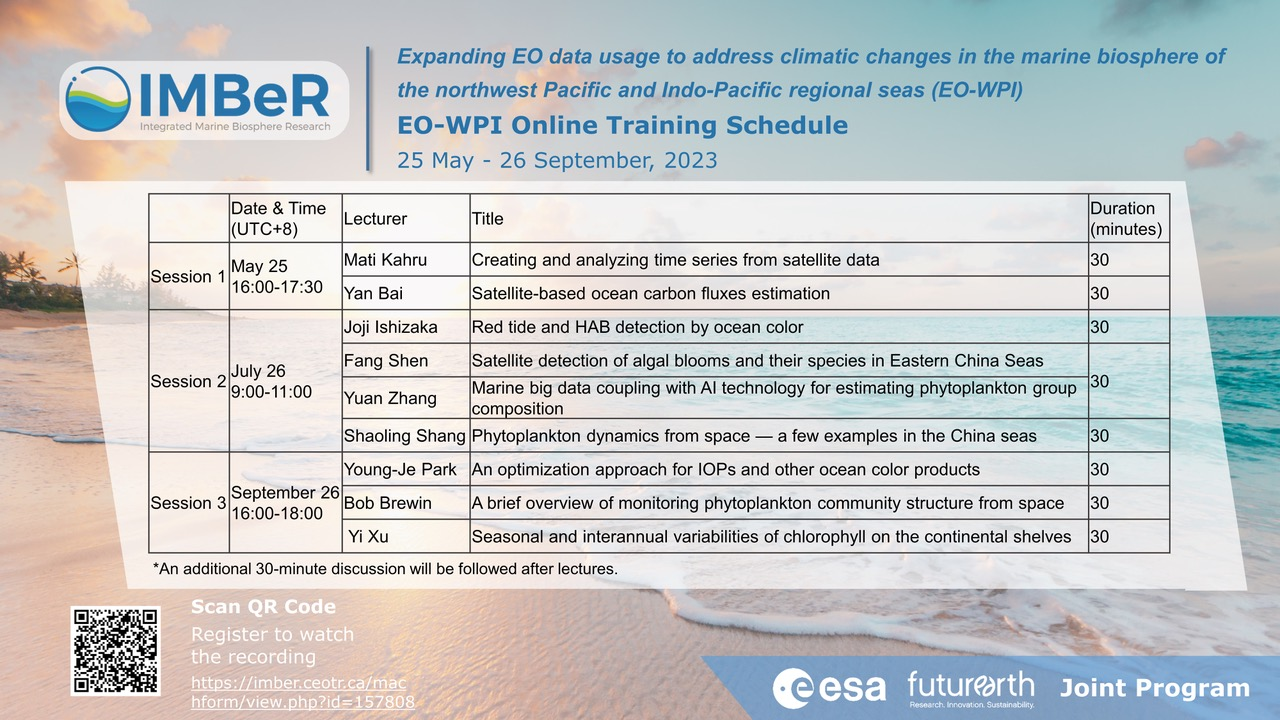
Online Courses of EO-WPI (Scan the QR Code to watch videos)
The EO-WPI project organized a workshop in Indonesia from November 6 to 9, 2023. Co-hosted by the SKLEC and Indonesia’s National Innovation and Research Agency (BRIN), the opening remarks for the workshop were delivered by Professor Shen Fang and Professor A'an Johan Wahyudi. This event marked the first in-person meeting of the IMBeR OC-PC working group since its establishment in 2022, facilitating direct and the first face-to-face communication between experts and participants. Attendees presented progress on their research and engaged in in-depth discussions with experts on their paper drafts and data processing. During the workshop, focused discussions were placed on exploring the time lag between sea surface temperature (SST), seawater chlorophyll-a (Chl-a), and changes in fish catch in the Southeast Asian tropical seas.
The workshop received partial funding from the Korea Institute of Ocean Science and Technology (KIOST) and the Japan Agency for Marine-Earth Science and Technology (JAMSTEC), with coordination led by Professor GiHoon Hong, the IMBeR Strategy Director.
Moving forward, the project experts will continue to guide the participants, aiming for timely publication in academic journals. The IMBeR OC-PC working group is committed to ongoing efforts in developing synergetic datasets or data products, further enhancing the cooperation network among remote sensing professionals and other early-career researchers in the marine sciences. The group will contribute by providing satellite images to support a better understanding of Earth observation data for the general public and decision-makers.
Postscript
This event marks the first time that the SKLEC has engaged in technical exchange and training abroad since the pandemic. The workshop in Southeast Asia lays the groundwork for fostering new momentum in international cooperation. Professor Shen Fang envisions this project serving as a bridge to promote the use of satellite data in studying the marine biosphere in the Indo-Pacific region, integrating it with on-site observations to address local concerns, including fisheries and economic livelihoods. Professor Shao-Ling Shang from Xiamen University discussed the "Mentor-Mentee" project of the workshop, drawing on her experience of being generously guided by European and American professors many years ago. She now hopes to contribute to the new generation of scientists in the Asian region in her field. During the workshop, she exchanged ideas with young master’s and doctoral students, who, despite their initial unfamiliarity with remote sensing, demonstrated quick learning and great potential.
The success of this workshop in Indonesia was greatly facilitated by the network of the IMBeR International Project Office. Professor A'an Johan Wahyudi serves as the IMBeR National Contact for Indonesia, and since assuming this role in early 2022, he has organized several online exchange seminars with the IMBeR International Project Office. As the chairman of the local organizing committee for this event, A’an emphasized that this offline activity was a promising start. He expressed hope that platforms and projects promoting interdisciplinary collaboration would receive continuous support and be consistently organized. Associate Professor Alexander M. A. Khan, heading the Fisheries Undergraduate Programme for Pangandaran Campus at Padjadjaran University, Indonesia, shared his connection with IMBeR that began during the United Nations regional workshop for the third World Ocean Assessment in 2022. Upon reconnecting, Alexander showcased news of President Xi Jinping meeting with Indonesian President Joko Widodo in Chengdu in July on his phone. Not only did he diligently contribute to the conference organization, but he also presented a draft of a memorandum of understanding for academic cooperation with East China Normal University, expressing enthusiasm for future academic collaboration.
Professor GiHoon Hong, the Strategy Director of the IMBeR International Project Office, concluded that achieving critical progress in regional processes requires a global perspective. Likewise, profound insights into global changes cannot be obtained without robust data evidence in regional processes. The IMBeR International Project Office is steadfast in its commitment to promoting the ongoing convergence of these two directions.
Workshop Interview Videos
The three-episode interview videos of the workshop are now released to show untold behind-the-scenes stories from the perspective of the project organizers, members, and participants. Watch the videos on YouTube or Youku.
Details: https://imber.ecnu.edu.cn/EOWPI/list.htm
Source: IMBeR International Project Office, the State Key Laboratory of Estuarine and Coastal Research
Author: Fang Zuo
Translation: Shenghui Ye, Xixi Liu
Figure: Kai Qin, Haoyue Zhou
